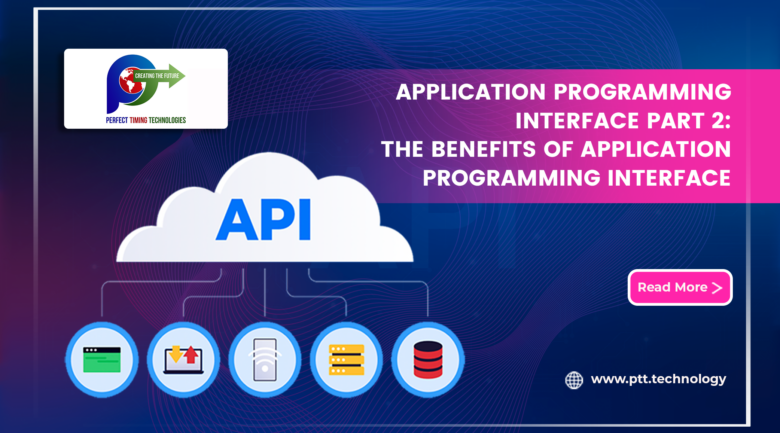
A well-designed website is the first step to a successful digital presence. The online presence provides your business with enhanced visibility but what wins the confidence of customers is the security that a website offers. There are many Content Management Systems such as WordPress, Joomla, Drupal, etc that have helped businesses to become webmasters.
In recent years, cybersecurity issues have drastically increased which is why securing your website is of utmost importance. This article shall present the top ways to ensure the security of your website in 2023. Let’s move further to find that out.
- Using a Secure Web Hosting Platform: The web hosting platform that you choose has a significant impact on the performance and security of your website. Different web hosting providers offer unique benefits to improve your website. Therefore, you must choose a reliable and capable web hosting platform that provides a data recovery plan if a data breach occurs at any point.
- Installing SSL Certificate that Uses HTTPS Protocol: The best way to secure your website is to install an SSL certificate that secures communications using HTTPS protocol. The HTTPS protocol ensures that all communication between a website and the user’s browser is protected by encryption. That means hackers cannot intercept this data in transit. Not just e-commerce but static websites also need an SSL certificate to protect important business data.
- Updating Software and Plug-ins Regularly: New vulnerabilities are discovered and exposed to the public almost every day. The software providers need to update their codebases and implement new protections. The hackers constantly hunt for websites that are not up-to-date and are unprotected to take control of them. Therefore, you must ensure that all the software and plug-ins your website uses are regularly updated.
- Providing Selective User Access and Administrative Privileges: You must very carefully assign user access to your website’s CMS. It is important to examine the users before granting access to your website CMS. A user must have proper knowledge of using a CMS and how to carefully avoid a data breach. It is your responsibility to educate every user to operate CMS and the best practices to maintain the website’s security.
- Backing up the Website: Data Backup is extremely important in modern times due to the increasing cyber crimes. It is crucial to back up all the data present or stored through your website in case it goes inaccessible in the future. If the website is not backed up regularly, most of your data might be lost. Although web hosting solutions provide backups of their servers, you must regularly back up the files on the website as well. You can also back up your databases and website content manually.
- Implementing a Strong Password Policy: The need to implement a strong password policy is crucial for every company. It is so because passwords are easy targets for hackers. A strong password policy will define how your company selects and manages passwords securely.
- Applying for a Web Application Firewall: A web application Firewall will protect your website against any malicious activities that can cause a data breach. An SSL certificate and WAF should be used together to keep your website secure. Any web application with vulnerabilities can be attacked by a hacker who can wipe out all of its data.
- Ensuring Network Security: Firewall ensures the security of your network. It is best to lock your network using a configured firewall. It is also a good practice to understand your company’s internal network IPs, VPNs, and VLANs.
- Scanning your Website for Vulnerabilities: You can use a web monitoring service to automate security checks to identify any vulnerabilities. At a minimum, you can test your website’s programming every week and generate relevant findings. The findings are the vulnerabilities on your website. The report can classify the threats into levels which can then be used to fix the most critical issues at first.
- Installing a Security Plug-in: Building your website using CMS enhances your website security with security plug-ins that prevent cyber attacks. Most CMS have already available security plugins that can be used by any website for free.
Final Thoughts
Developing a website and building a secure website are two different things. To get the best assistance for building a secure website, talk to our experts and get the best solutions.







